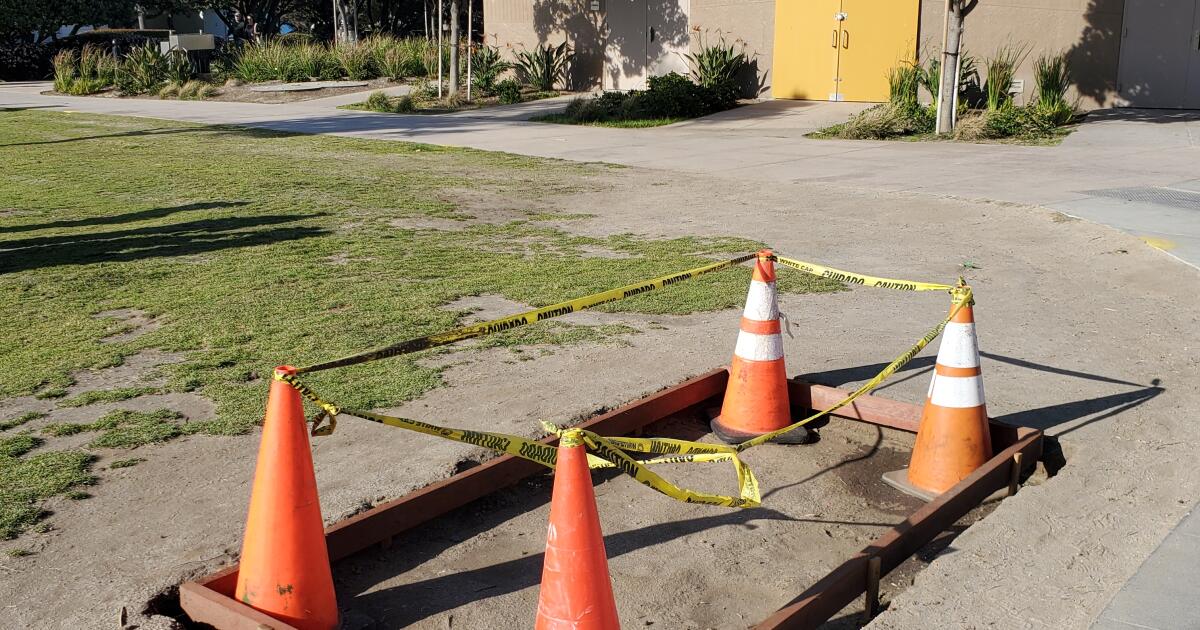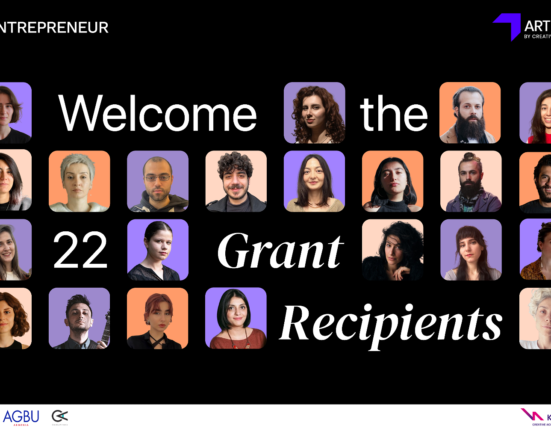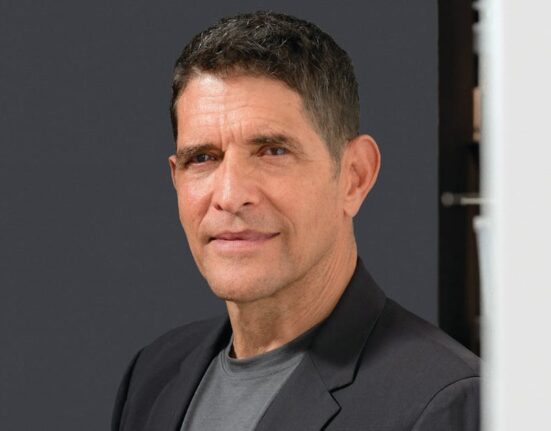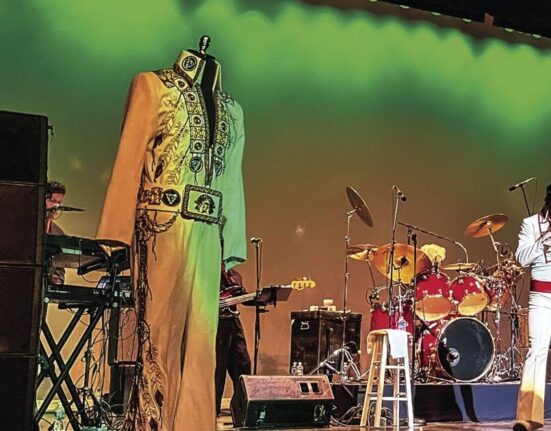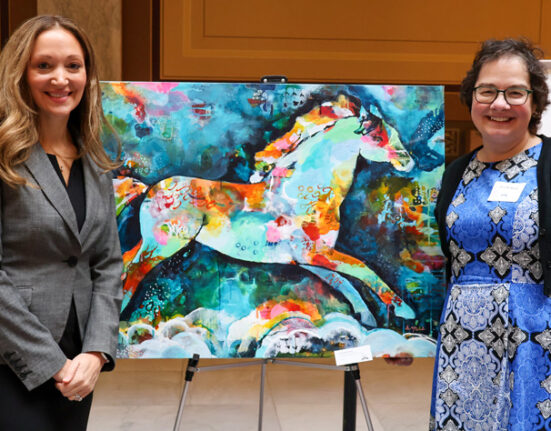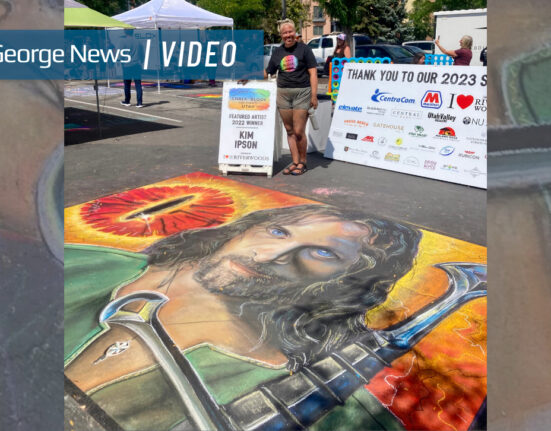A San Diego artist has launched a petition to have “expressive activity” zones like those installed in La Jolla shoreline parks removed, hoping for a return to unrestricted “First Amendment” sidewalk vending.
In its first week, the petition gathered 60 signatures, but William Dorsett said he’s hoping for thousands more “to show that this isn’t just buskers that want these spaces removed.”
“The goal is to get these free-speech zones repealed and allow buskers to offer [expressive activities] where it works best for them,” he said. “You can’t do that if you are limited to one space.”
Newsletter
Get the La Jolla Light weekly in your inbox
News, features and sports about La Jolla, every Thursday for free
You may occasionally receive promotional content from the La Jolla Light.
In recent weeks, the city of San Diego installed two 4-by-8-foot pads in Scripps Park, two in Kellogg Park and one near the Children’s Pool to provide vendors a place to engage in “expressive activities” constitutionally protected by the First Amendment.
The pads in Scripps Park subsequently were shifted to accommodate ocean views following comments from community members.
The areas are part of the city’s latest attempt to curb the number of sidewalk vendors in local parks. The idea is that by limiting where activities covered by free-speech protections can take place, the number of people involved in those activities will be reduced.
La Jollans and residents in other seaside locations have long complained that sidewalk vending was turning coastal parks into street fairs, ruining their scenic beauty and recreational uses.
The City Council passed an ordinance in 2022 to partially ban street vendors in parks and certain pedestrian-heavy areas. It took full effect in most of the city in June that year, but its restrictions focusing largely on where vendors can operate could not be enforced in coastal communities while awaiting review by the California Coastal Commission.
The commission agreed in August 2022 to withdraw its review and allow full enforcement in the coastal zone. That enforcement began Feb. 1, 2023, and is carried out in shoreline parks by rangers.
The ordinance requires permits and includes health and safety regulations. In La Jolla, it aimed to block vending year-round at Scripps Park, the Children’s Pool, the Coast Boulevard boardwalk between Jenner and Cuvier streets, and on main thoroughfares in some business districts, such as the La Jolla Shores boardwalk, according to local officials.
But soon after enforcement in the coastal zone took effect, some sellers continued operating in shoreline areas like Scripps Park, citing First Amendment exceptions.
In February this year, the City Council changed the ordinance to limit where vendors with defined free-speech protections can operate and make it easier to impound the carts of rule-breaking sellers. The concrete expressive activity pads are to be available as first-come, first-served.
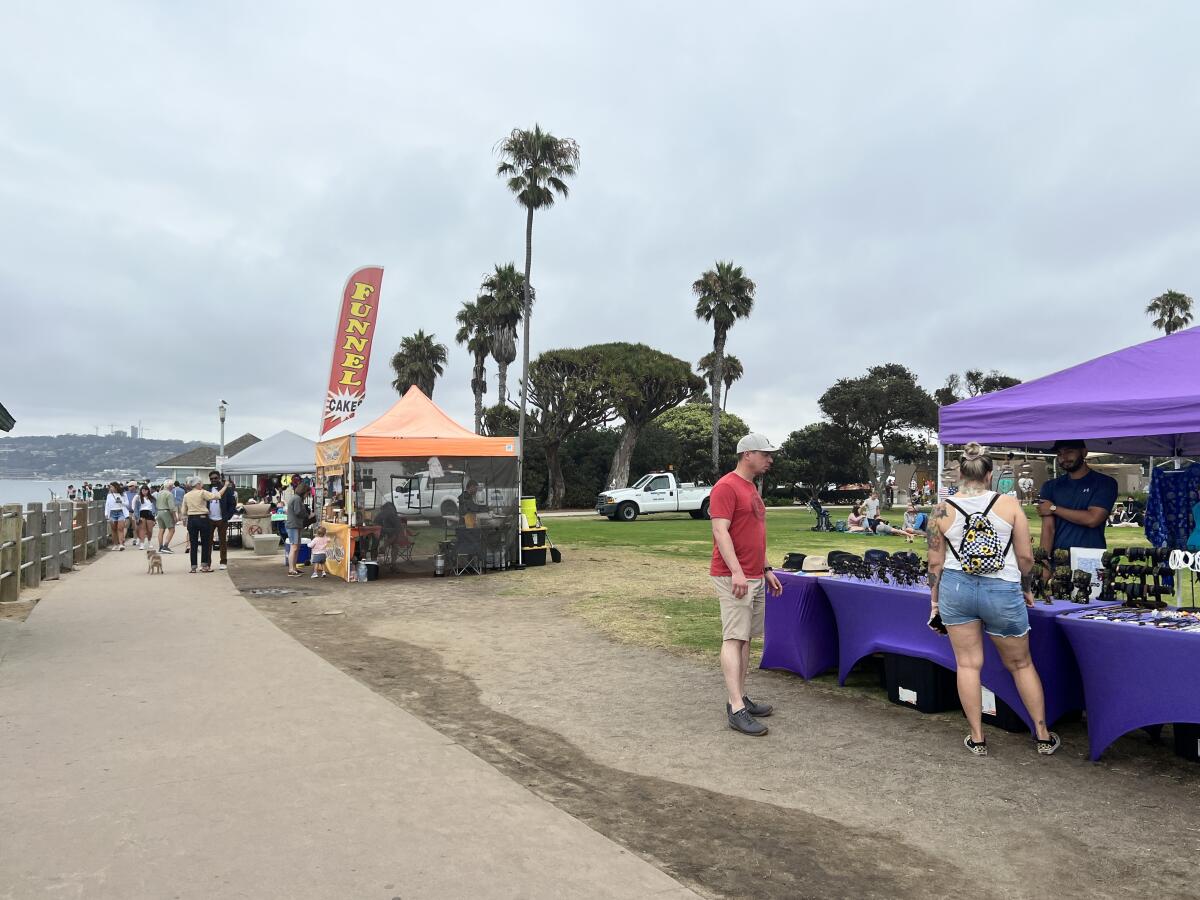
Vendors line up at Scripps Park in La Jolla in August 2022.
(File)
The revised law says vendor activities with free-speech protections include political efforts, selling art the vendors made themselves, fortune telling, face painting, making balloon sculptures, singing and other street performing.
Activities that lack free-speech protections include selling food, clothing, jewelry, soaps, oils and creams, plus yoga, exercise classes and dog training.
However, the legislation says almost any activity potentially could be eligible for free-speech protections if it is “inextricably intertwined” with political, religious or ideological messages.
Dorsett said relegating vendors to specific expressive activity spots “steps over civil rights.” If the city does not remove the zones by this summer, “we are going to talk to lawyers,” he said.
City representatives were not immediately available for comment.
Dorsett said he has been creating and selling art in public spaces for almost 20 years and argues that anyone looking to make money is being held to a different standard than others who use the parks.
“Someone setting up a 20-by-10-foot tent making art wouldn’t be looked at twice, but … if an artist wants to set up and sell, they have to be in a 4-by-8-pad,” he said. “The [pads] put them out of the way of foot traffic, which is a no-no because there needs to be ample opportunities to be within reach of the public. The rules are not being applied equally.
“They wouldn’t make random citizens enjoy nature from a box, but they do that to us. … I want to change that. I want us to have actual protections and not have rangers breathing down our necks.”
Before the most recent regulations on vending in parks went into effect, sellers self-regulated and “things were peaceful,” Dorsett said.
But those who did not cooperate with self-regulation created an issue of too many vendors in one space, he said.
“It seems unfair that people that have been good about self-regulating are being regulated because of those that haven’t been,” Dorsett said.
Dorsett said expressive activity zones pose an additional challenge for him because of the nature of his work.
“I do spray painting with a live show,” he said. “If I do the live show, I can’t do the display. If I do the display, I can’t do the live show within a 4-by-8-foot space. I want to get these free-speech zones repealed so we can get back to doing what buskers do.”
The designated expressive activity zones are the latest in a string of enforcement mechanisms San Diego has tried since state Senate Bill 946 went into effect Jan. 1, 2019. That law was intended to “decriminalize” sidewalk vending by prohibiting criminal citations and penalties against sellers, though it allowed cities to impose limited regulations focusing on “health, safety or welfare.” ◆

